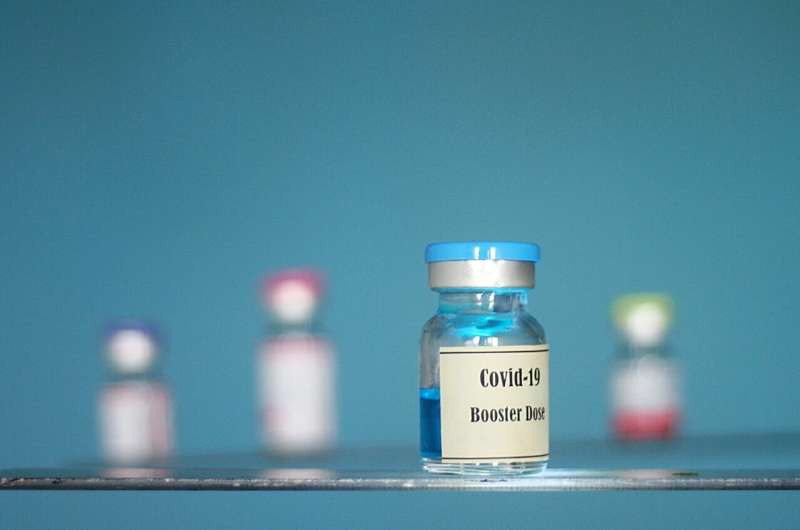Enhancing CAR-T Cell Therapy by Preventing Cellular Stalling to Boost Tumor Fight

New research reveals how knocking out IFNg receptor on CAR-T cells prolongs their survival and enhances their ability to fight tumors, offering hope for improved cancer immunotherapy strategies.
Chimeric antigen receptor (CAR)-T cells, engineered from a patient's own T cells, are at the forefront of cancer immunotherapy. They are designed to specifically target and destroy cancer cells, but a significant challenge has been their limited ability to survive long enough within the body to comprehensively eradicate tumors. After infusion, CAR-T cells often rapidly expand upon encountering tumor cells; however, they tend to decline due to a natural process known as activation-induced cell death, which hampers their sustained anti-tumor activity.
Recent research published in Science Translational Medicine has uncovered a promising approach to address this limitation. The study focused on modifying CAR-T cells to partially avoid activation-induced cell death, thereby increasing their longevity and effectiveness. A key cytokine involved in CAR-T cell activity is interferon-gamma (IFNg), which, when released in large quantities, can cause toxicities in patients. To mitigate this, scientists engineered CAR-T cells that do not produce IFNg.
Interestingly, while these IFNg-deficient CAR-T cells exhibited reduced inflammation in blood cancers, they were less effective against solid tumors. The breakthrough came when researchers knocked out the receptor for IFNg (IFNgR) on the CAR-T cells using CRISPR/Cas9 technology. By preventing these cells from responding to IFNg signals, they reduced cell death after activation, enhanced their expansion, and prolonged their survival.
The modified CAR-T cells were tested both in vitro and in mouse models bearing tumors. Results demonstrated that knocking out IFNgR led to improved persistence, greater expansion, and increased anti-tumor activity. These insights suggest that disabling IFNg signaling pathways can prevent CAR-T cell stalling and improve their therapeutic durability across various tumor types. The team plans to initiate clinical trials to evaluate the safety and efficacy of these enhanced CAR-T cells in patients with solid tumors.
This innovative strategy holds promise for broadening the application of CAR-T cell therapy, making it more effective for patients with challenging solid tumors by prolonging cell survival and boosting their ability to eradicate cancer cells.
Stay Updated with Mia's Feed
Get the latest health & wellness insights delivered straight to your inbox.
Related Articles
Link Between Brain Immune Response and Olfactory Dysfunction in Alzheimer's Disease
New research uncovers how the brain's immune response contributes to early olfactory dysfunction in Alzheimer's disease, paving the way for early diagnosis and intervention strategies.
US Health Authorities Review Safety of COVID Vaccines in Pregnant Women and Children
U.S. health officials are reviewing safety data on COVID-19 vaccines for pregnant women and children, amid ongoing discussions and studies on vaccine safety and potential risks. The evaluation aims to ensure public health safety and may influence future vaccination guidelines.
COVID-19 Booster Shots Temporarily Suspended Across Georgia Amid Federal Vaccine Policy Uncertainty
COVID-19 booster shots in Georgia are temporarily paused amid federal regulatory uncertainties and ongoing restructuring of vaccine advisory committees, delaying distribution nationwide.
Critical Gaps in Hospital Charity Programs Leave Patients Responsible for Bills
Many hospital charity care programs have critical gaps, leaving patients responsible for significant medical bills despite qualifying for assistance. Uncovered providers and narrowly defined necessary care contribute to rising patient debt, highlighting systemic flaws in healthcare affordability.



